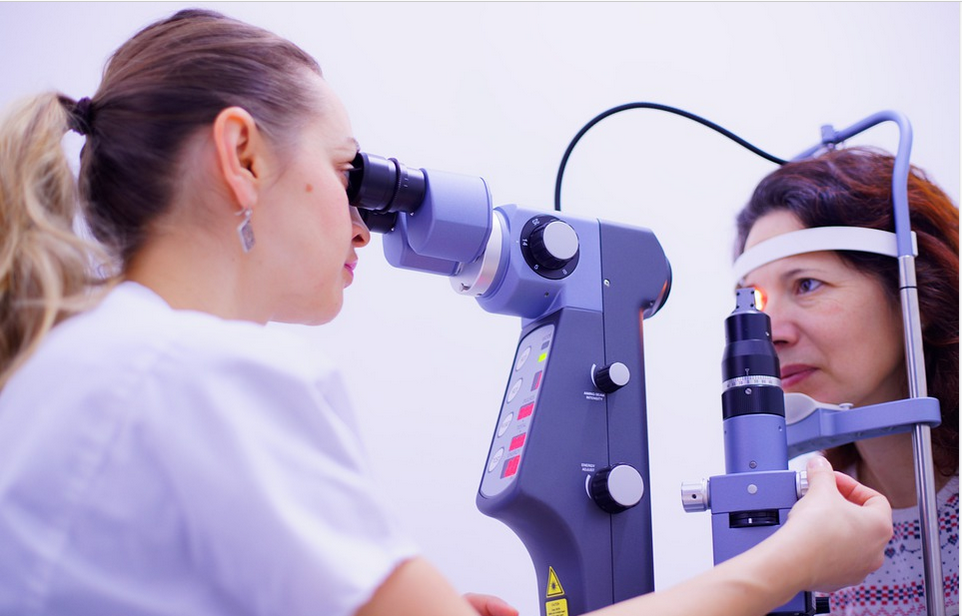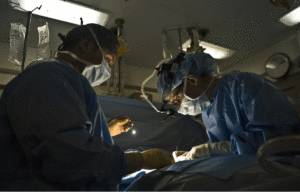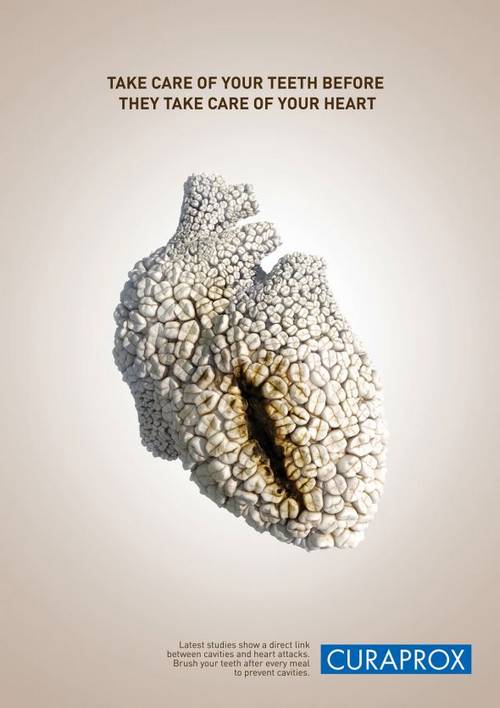What You Need to Know About Cataract Surgery

As people age, there is a possibility of developing cataracts, which make your eye lens blurred, consequently affecting your vision. While eye medical conditions like glaucoma damage the optic nerve causing reversal an impossibility, cataracts can be treated with a simple cataract eye surgery.
The procedure involves surgery to remove the blurred lens and replace it with an artificial lens to improve vision. In the past, it took several days for a patient who had undergone cataract surgery to recover. However, these days you can get cataract surgery as an outpatient and recover in a short period.
Here are some of the things you need to know about cataract surgery:
When Should You Have Cataract Surgery?
 Initially, cataract surgery was conducted on people who started to experience blurred or clouded vision. Over the years, people who have experienced some barely noticeable changes in vision like color perception, can also have cataract surgery to correct these issues. When you experience some minor vision changes, you may have cataracts, which is why you should consider having cataract surgery.
Initially, cataract surgery was conducted on people who started to experience blurred or clouded vision. Over the years, people who have experienced some barely noticeable changes in vision like color perception, can also have cataract surgery to correct these issues. When you experience some minor vision changes, you may have cataracts, which is why you should consider having cataract surgery.
Do You Need to Have Surgery as Soon as You Notice Cataract Signs?
Cataracts affect your vision, meaning you cannot effectively perform some activities like driving. As a result, it is advisable now to treat them as soon as possible. In the past, cataracts had to mature to be taken out in one piece. Since then, great strides in technological advancements have allowed doctors to remove cataracts at the earliest stages.
The introduction of ultrasound and laser technology facilitates the breaking down of the cataract tissues into smaller pieces, which works well when the tissue is young. When cataract surgery is conducted when the cataracts are immature, the surgery time and the recovery period are shorter.
Is a Cataract Surgery a Painful Procedure?
This is perhaps the phobia many people with cataracts have a reason why they have never considered having cataract surgery. This is understandable as no one likes to have their eyes poked. Cataract surgeries are not painful, although some people report feeling some mild sensations all around the eye. A local or general anesthesia can be used to help reduce any pain that may arise.
How Soon Can You Start Driving After a Cataract Surgery?
In most cases, patients who have undergone cataract surgery will begin driving as soon as 48 hours after the surgery. However, you can drive at any moment you feel that you can move comfortably. To avoid exerting excess pressure on your eye through too much strain, avoid going for long distances. Sunglasses can also help boost your recovery as they reduce the effects of sensitivity from light.





